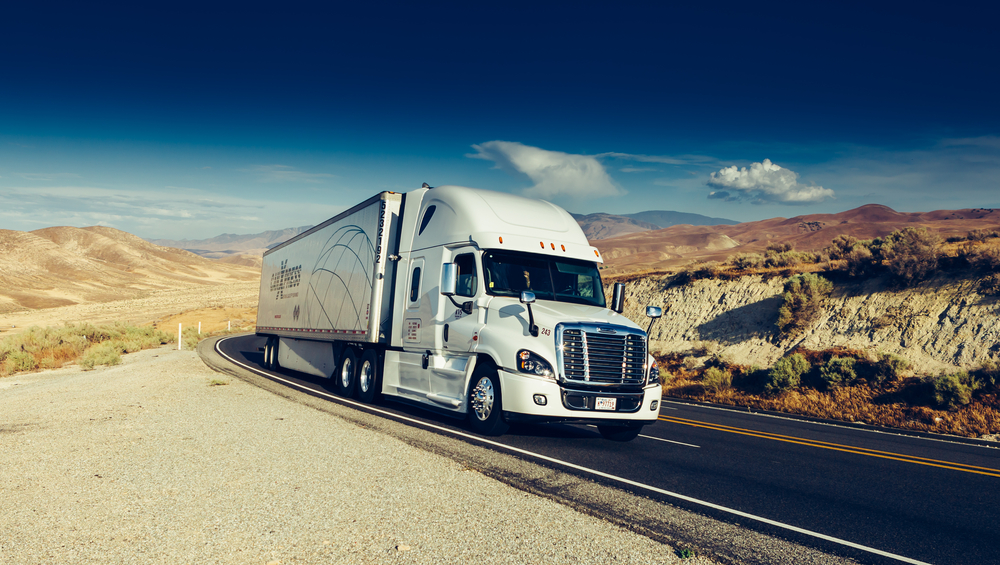
In the rapidly evolving landscape of transportation, the UP.Partners’ Moving World Report provides a comprehensive analysis of the industry’s past, present, and future, highlighting the pivotal role of venture capital, the critical challenge of sustainability, and the potential of emerging technologies to reshape mobility.
The Rise of Mobility Ventures
The modern mobility sector, encompassing everything from freight forwarders and supply chain managers to electric and autonomous vehicle makers, has emerged as a significant attractor of venture capital investment. Over the last decade, mobility companies have secured 12% of all venture capital funding, amounting to more than $375 billion since 2013. This funding has supported a diverse range of companies, fostering innovations aimed at making transportation more accessible, efficient, and sustainable. The ambition is to make mobility as seamless as the internet – where access to goods and locations is virtually instantaneous, affordable, and environmentally friendly.
Sustainability: The Foremost Challenge
However, this vision faces considerable challenges, chief among them the issue of sustainability. The transportation sector’s carbon emissions have surged, accounting for a staggering 37% of U.S. carbon emissions in 2022. With global transport-related emissions expected to increase by 11% by 2030, the sector is far from the International Energy Agency’s (IEA) recommended reduction path necessary for achieving net-zero emissions by 2050. Initiatives like the Biden administration’s Inflation Reduction Act and Europe’s significant investment in energy initiatives represent crucial steps toward mitigating these environmental impacts. Moreover, the focus on climate tech within mobility startups suggests a promising direction for the industry.
The Financial Landscape and Future Challenges
Despite a dip in investment and valuation in 2022, the sector’s overall growth trajectory remains strong, indicating resilience and potential for recovery. However, the report identifies specific areas of concern, such as the global pilot shortage and the environmental impact of aviation, that need immediate attention. These challenges underscore the importance of innovation and regulatory support in ensuring the sustainability and efficiency of future mobility solutions.
Electric Vehicles and the Road Ahead
The adoption of electric vehicles (EVs) is accelerating, driven by governmental support and technological advancements. Yet, significant hurdles, such as the lithium shortage and the strain on electrical grids, pose risks to the widespread adoption of EVs. The report suggests that battery recycling and advancements in battery technology may offer solutions to these challenges, highlighting the industry’s potential to adapt and evolve.
Emerging Technologies and the Promise of New Frontiers
Looking to the future, the report explores groundbreaking technologies like hypersonic travel and lunar mobility, which could revolutionize how we think about distance and space. These innovations, while still in the early stages, hint at a future where mobility extends beyond Earth’s boundaries, offering exciting prospects for exploration and transportation.
The UP.Partners’ Moving World Report paints a picture of a sector at a crossroads, facing significant challenges but also brimming with opportunities for innovation and improvement. As the industry continues to evolve, the focus on sustainability, technological advancement, and strategic investment will be crucial in navigating the future of mobility.
Source:











Leave a Comment